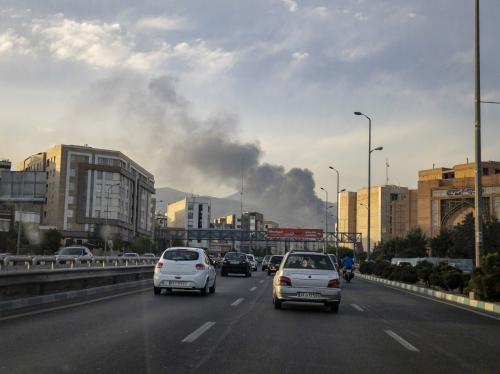At the recent EU Foreign Affairs Council, sanctions against Iran were further strengthened, at the same time re-affirming the validity of the dual track approach and expressing the hope that Iranian authorities will soon decide to re-start nuclear negotiations with the E3+3.
This round follows the sanctions adopted after the EU Foreign Affairs Council of last January. The restrictions mainly target the trade, energy, transport and financial sectors. Great Britain, France and the Netherlands, with the active support of Italy and other EU member states share the conviction that tightening the grip on Iran’s revenues and financial transactions represent the best chance for the international community to push Iran toward a negotiated settlement on its nuclear program and to avoid an external military intervention.
The logic behind Western sanctions targeting several economic sectors (but far yet from being a full trade embargo) in Iran is straightforward: economic and financial isolation, the devaluation of the national currency, the rising inflation and unemployment will increase domestic pressure on the government and lead it either to capitulation in nuclear negotiations or to regime change if domestic unrest will be massive.
When the recession will become unbearable, Western leaders expect Iranians will turn against their leaders and at least partially blame them for the country’s economic decline and chaos.
The Brookings Institution is committed to quality, independence, and impact.
We are supported by a diverse array of funders. In line with our values and policies, each Brookings publication represents the sole views of its author(s).



Commentary
Op-edThe Limits of Deterrence with the Islamic Republic of Iran
October 22, 2012